Ask a Sober Oldster #19: Seth David Branitz
"Endurance and good support has allowed me to evolve several times, most recently in the past few years. "
This monthly interview series is a collaboration between Oldster Magazine and The Small Bow, A.J. Daulerio’s excellent newsletter about recovery and mental health, and will appear in both newsletters. Learn more about this collaboration in this Oldster podcast/videocast episode.
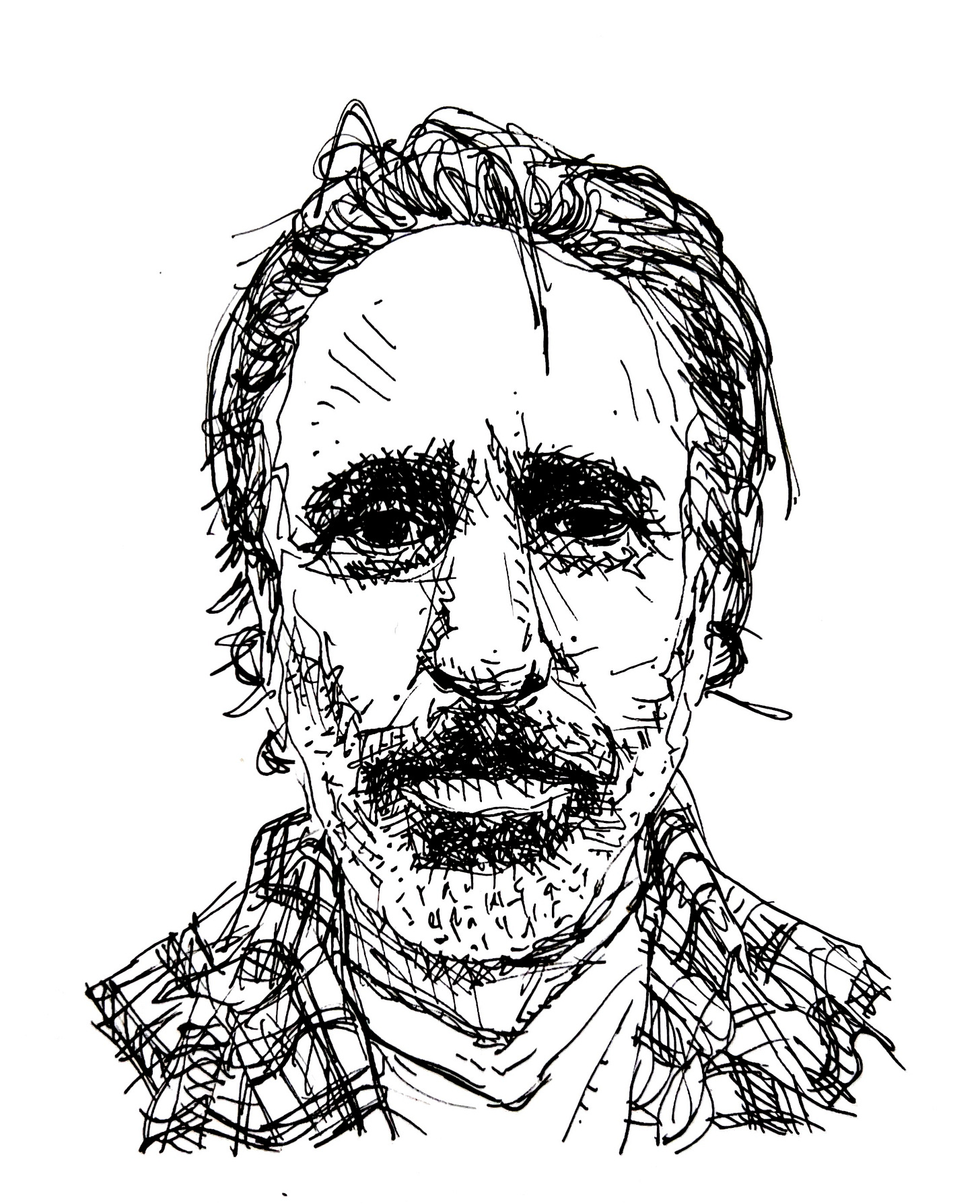
Seth David Branitz is a Queens-bred artist, performing songwriter, and author of The Trouble With Kim, a memoir. He has won multiple story slams at The Moth. He is co-owner of Karma Road, a vegan café & art gallery in the Hudson Valley, where he has lived since 2007.
—
How old are you, and how long have you been in recovery?
I’m 59. I’ll be 60 in April, and have been in recovery/clean for thirty-seven years.
How did you get there?
A miserable and destructive family, learned hopelessness, and an endless series of unhealthy decisions led me to an utterly dark reality. I promised myself I would turn it around/ get help/quit on endless occasions only to find myself more deeply trapped.
A fed-up girlfriend suggested Twelve Step meetings and at first I refused, sure that they were for old men and others more degenerate than me. I broke down and went to a meeting and slipped into a portal of endless possibility. Every healing modality, inspired decision and beneficial practice I’ve engaged since then came from walking into that first meeting.
What are the best things about being in recovery?
Having a whole new reality. Being alive when I was sure I’d be dead. Having good moments when I thought mine had run out. Being shackled by an addiction means constant physical and mental self-abuse. It’s wonderful to reflect on how relatively free I am to go about life. I’ve been called on to deal with a great many challenges, all of which would have been disastrous without whatever agency I have as a result of my recovery.
A fed-up girlfriend suggested Twelve Step meetings and at first I refused, sure that they were for old men and others more degenerate than me. I broke down and went to a meeting and slipped into a portal of endless possibility. Every healing modality, inspired decision and beneficial practice I’ve engaged since then came from walking into that first meeting.
What’s hard about being in recovery?
Feeling big feelings for prolonged periods.
I feel a pretty full emotional spectrum, unmuted and often inescapable. When I was high I felt only a few things, few of them pleasant, but I was able to put the world on mute, or at least lower the volume for periods of time.
How has your character changed? What's better about you?
I got clean at 22 and had been very committed to escape for at least half of those years, hence my character was still in early stages of development. I’ve grown into some basic values and worked to become a good person. For years life seemed so complicated, and I know that even while living with intention and doing good things, I was still an occasional asshole and certainly unhappy. Endurance and good support has allowed me to evolve several times, most recently in the past few years. Frightening health challenges, family crises—in 2001 my brother Kim died of an overdose, and shortly afterward both my parents died—and an extended period of malaise found me with decades clean, but quite miserable.
Below I explain how I got relief.
What do you still need to work on? Can you still be a monster?
Monstrous thoughts still form, but I recognize them and move quickly past. I no longer do terrible things to myself or others.
Constant work includes an aim to be kinder, more helpful, more understanding and more calm in the shitstorm that life inevitably becomes.
Balance still eludes me and I’m working on more time being creative, less time wasted. In another approach to balance, I’m engaged in and enjoying my day job more than I have in years.
I got clean at 22 and had been very committed to escape for at least half of those years, hence my character was still in early stages of development. I’ve grown into some basic values and worked to become a good person. For years life seemed so complicated, and I know that even while living with intention and doing good things, I was still an occasional asshole and certainly unhappy.
What’s the best recovery memoir you’ve ever read? Tell us what you liked about it.
Although I appreciate and relate to lots from every memoir I read, I haven’t read one that I deeply relate to, or that offers a clear path to solutions I care to adopt. I see them all as bold, honest stories. We each need to live through it and to improvise as gracefully as we can. That’s a big part of why I began to tell my own story—for myself and eventually for anyone else who might get something out of it. My book doesn’t profess to be a recovery memoir either, rather a collection of stories about being an active addict followed by more stories that take place while in recovery.
What are some memorable sober moments?
My girlfriend telling me she didn’t love the person that getting clean had turned me into.
Leaving another girl with whom I lived in recovery.
Getting through the deaths of several dear friends and collaborators, my brother, my mother, and my father, without getting high.
When I got clean, any kind of head-meds were frankly discouraged by Twelve Step old timers. They wouldn’t have considered it stigma, rather a concern for the slippery slope that a mind-altering substance can and does present to an addict. With decades of recovery and abstinence behind me I allowed this thinking to blind me to the fact that my condition was extreme. Through a few conversations, my psychiatrist showed me that this was foolish and dangerous.
Are you in therapy? On meds? Tell us about that.
I’ve been in therapy for many years. I resisted medication for my depression until I was considering suicide and approached by my closest people about how difficult it had become to be around me.
When I got clean, any kind of head-meds were frankly discouraged by Twelve Step old timers. They wouldn’t have considered it stigma, rather a concern for the slippery slope that a mind-altering substance can and does present to an addict. With decades of recovery and abstinence behind me I allowed this thinking to blind me to the fact that my condition was extreme. Through a few conversations, my psychiatrist showed me that this was foolish and dangerous.
I took anti-depressants and anti-anxiety meds for a few years, caught my breath, regained my mental footing, and suspended their use, though I tend to lean toward depression.
What sort of activities or groups do you participate in to help your recovery? (i.e. swimming, 12-step, meditation, et cetera)
In this sense “recovery” might just as well mean “living well.” So long as I’m content, I’m not tempted by mood-altering substances. Making art and music is the most therapeutic and enriching activity I’ve found. I’ve known this my whole life and whenever I’ve separated myself from it for long, I’ve become a mess of a person. Being engaged with these practices is healing. I attend far fewer meetings than I used to but always find something helpful when I do. I work out and walk. I meditate quite imperfectly but still give myself time to sit almost daily.
So long as I’m content, I’m not tempted by mood-altering substances. Making art and music is the most therapeutic and enriching activity I’ve found. I’ve known this my whole life and whenever I’ve separated myself from it for long, I’ve become a mess of a person. Being engaged with these practices is healing.
Are there any questions we haven’t asked you that you think we should add to this? And would you like to answer it?
Perhaps something like: “Is there any place in your life for drugs/alcohol?”
If so, my response would be: I don’t get high and there’s no room in my life for it.
My experience with prescribed medication made me wonder how many mentally ill addicts have avoided meds that may have improved or saved their lives. I have no room for those drugs that I used to dull my brain and for which I’d do anything to get, but my eyes have opened to the potential value of plant medicines like psilocybin for addiction and treatment-resistant depression.
After speaking with people who report profound healing experiences and reading Michael Pollan’s How To Change Your Mind I had a carefully planned psilocybin experience. This, too was extremely hard to do, as some might consider it a relapse. I’m fine with them thinking that because I know that it was neither impulsive nor an escape. Rather, I sought to experience the mental “reset” I’d heard others speak about, to stop some of my most engrained negative beliefs, and to raise my base level mood. I’d exhausted the conventional and unconventional means to a satisfactory life. For me the experience was wonderful and the aftermath earth-shifting.






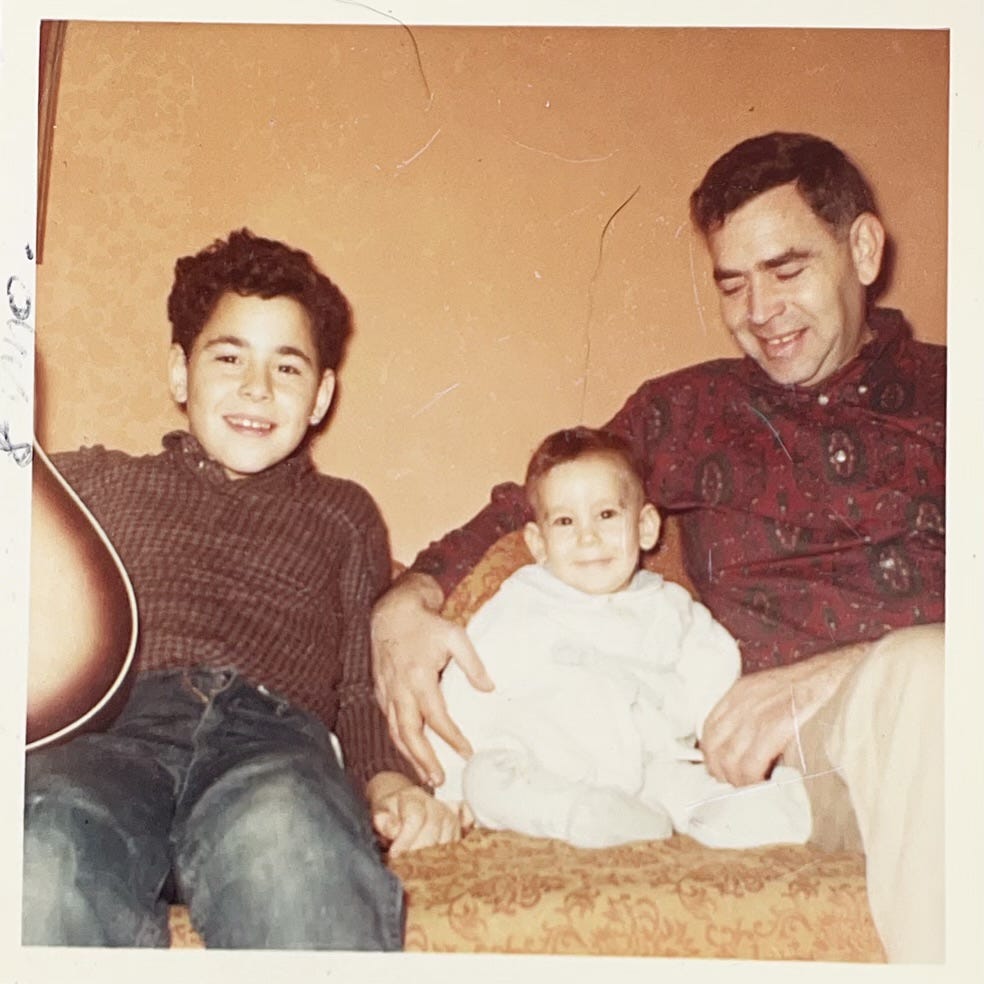
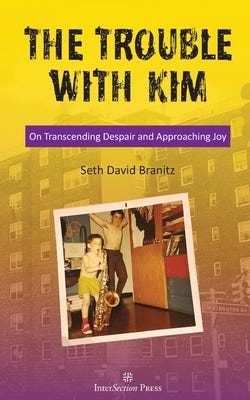
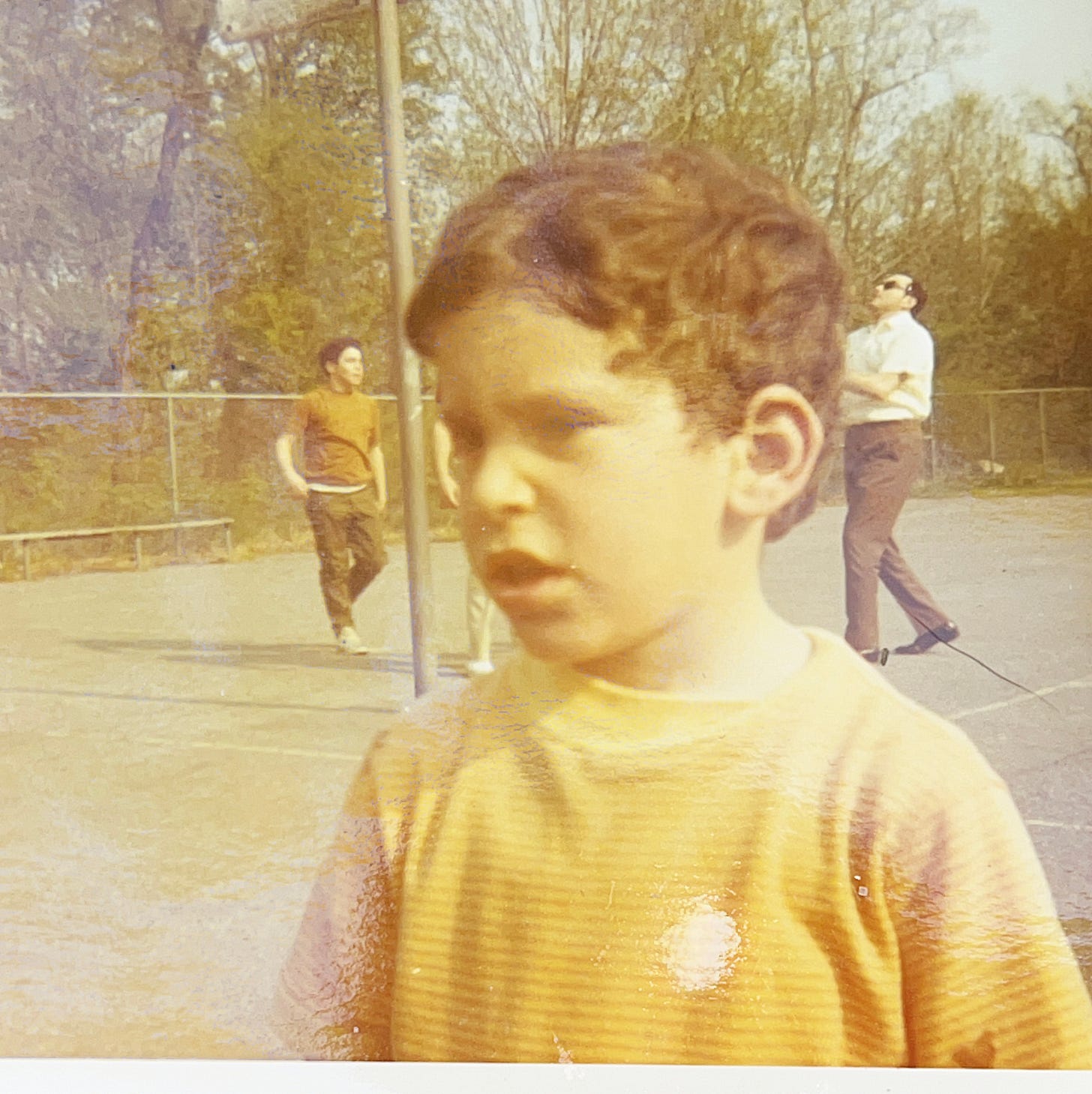
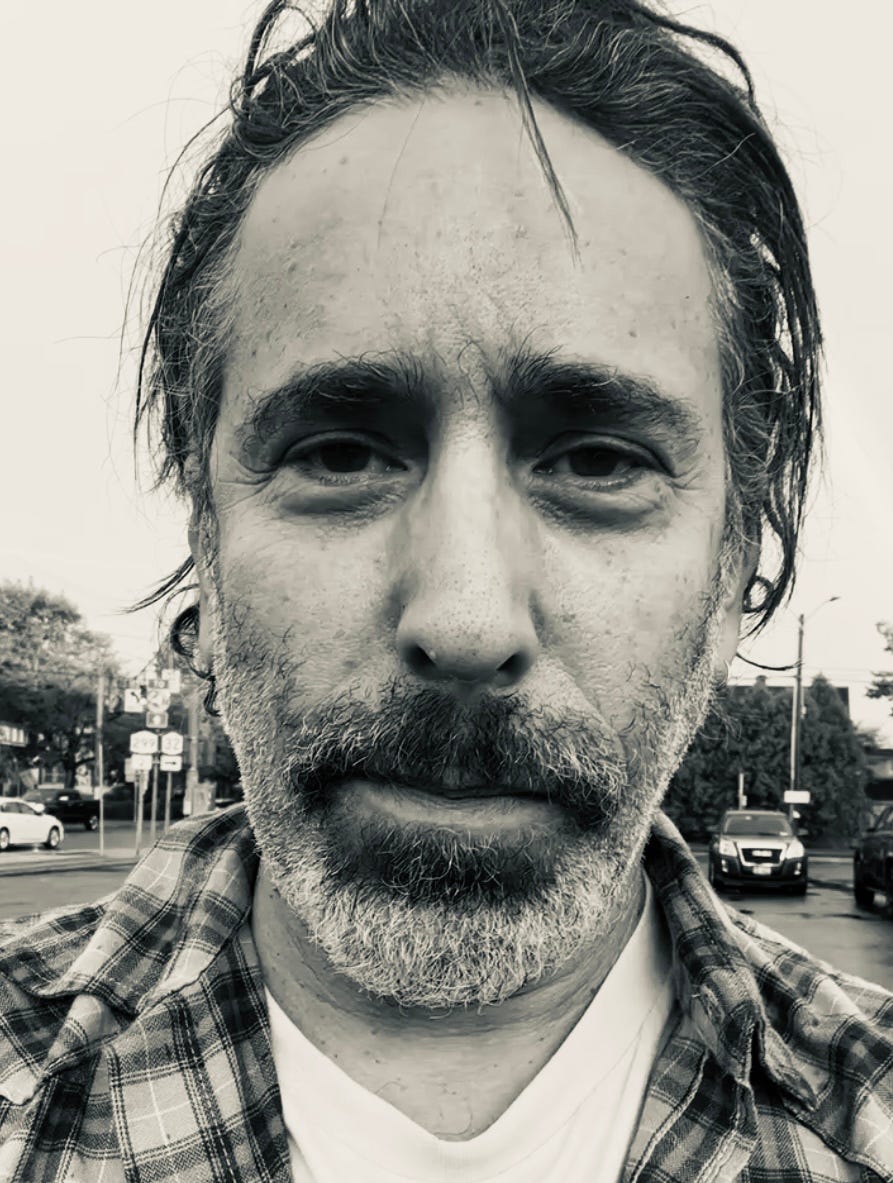
thank you for this authentic sharing. Though I have not struggled with alcohol or substance abuse, (save for ice cream, which can be the devil incarnate),I have read many stories about recovering alcoholics. The common link for me is trauma and what one does with it, how each of us chooses to survive. And more than that to go beyond and thrive.
I don't know if this has been substantiated, but I have a theory, or maybe it's not mine, that each family member is assigned a job, some of us are what I call the record keepers,. It's a bit deeper than just the observer, because not only do we keep the records, but in time we assist in a healing narrative, for ourselves and our whole entire family. Thank you
Seth is a constant light of inspiration and compassion. His nurture is genuine, his eloquence uplifting. This interview is simple evidence of his weighty presence.